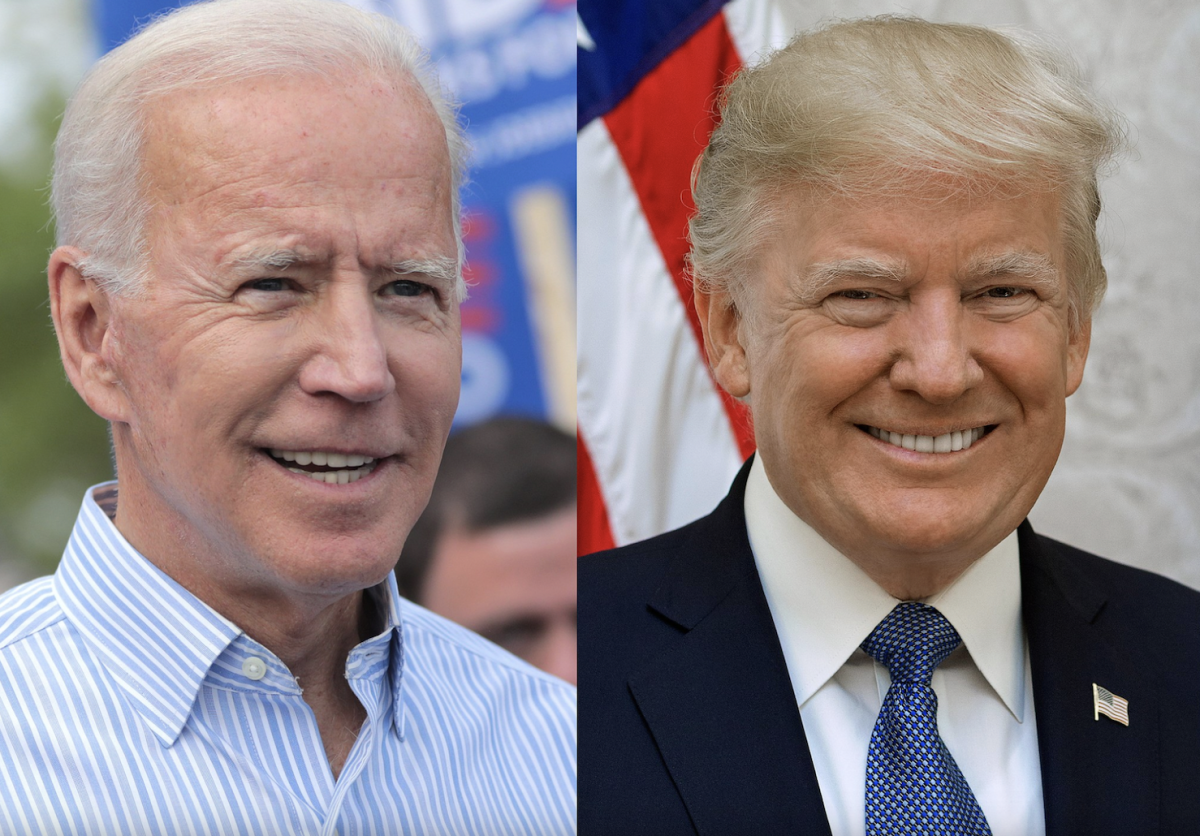At a public appearance on August 31, 2023, Senate Minority Leader Mitch McConnell (R-KY) froze for almost 30 seconds when asked whether he would run again in 2026. The incident is not the first time Mr. McConnell has frozen in public; five weeks prior, the same thing happened during a press conference. In the age of an older Washington, precautions must be taken to ensure that our politicians are fit to serve.
Mr. McConnell’s lapses have prompted conversations regarding the age of our politicians. The United States has always been governed by older politicians, but the median age of both houses of Congress is at an all-time high. President Biden is the oldest president in history.
Mr. McConnell is not the only Senator whose health issues might be putting the nation at risk. Mrs. Dianne Feinstein (D-CA) missed 91 votes this year during her recovery from shingles, and has exhibited frequent memory lapses during the votes she does attend. Ms. Feinstein’s condition has prompted calls for her resignation, but she refuses to retire before the end of her term.
If they can not fulfill their duties because of their age, politicians should not remain in Washington. This is a national security issue – in an extremely challenging geopolitical environment, the United States cannot afford to have our leaders be incapacitated by illness.
Recent proposals, like establishing an age cap on political leaders, are ageist and don’t solve the problem at hand. There is already an age cap restricting individuals under the age of 35 from running for president – if there’s an age cap for the young, then why not for the old, some argue? However, just because someone is over the age of, say, 80, doesn’t mean they are incapable of thinking clearly.
Instead of age caps, we should switch to a more effective system to determine who is fit to serve in government: standardized cognitive tests and civics tests. It should be mandatory for anyone running for federal office to pass such tests, and it would be far more effective than placing blanket bans on individuals above or below a certain age from running for office. Is this controversial? Yes, but I would argue that if an individual has to pass a civics test when immigrating to the United States, they ought to be able to pass one when they represent the United States on the world stage.
Everyone benefits from applying scrutiny to our political leaders. Hundreds of millions of people depend on the decisions made in the Senate, House, and White House every day, and we can’t afford to be uncertain about whether or not our leaders are capable of executing their duties.
Adding this test would be, at worst, a minor inconvenience to candidates. But it would go miles to restoring American faith in government and ensure qualified representation in Congress fairly. For the sake of our government’s efficiency, security and creating more qualified representation, we ought to make cognitive tests mandatory on a federal level.





